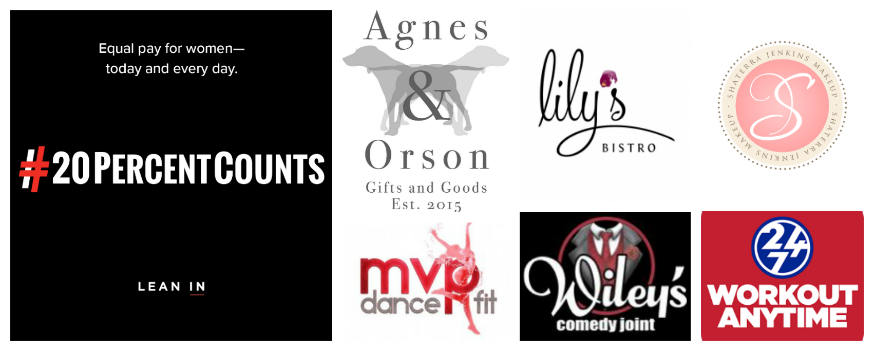(25) Interview with Dr. Kimberly Barrett
9:00:00 PM

"My mother felt that no matter how bad things get, we could work to make them better."
____________________
Dr. Kimberly Barrett, Vice President for Multicultural Affairs and Community Engagement at Wright State University (WSU) prepares students to be agents of social change by facilitating a program at WSU which encourages them to be actively engaged with their multicultural global world. Additionally, she is committed to diversity and inclusion - ensuring that the student body, faculty and staff at WSU are a representation of their society.
However, in just a few days, she sets off to start a new position at Lawrence University in Appleton, Wisconsin. Yet before she departs, in a Lean In Dayton interview, she reveals the recipe for honing leadership.
|
Lean In Dayton: Can you briefly explain what your role entails as Vice President for Multicultural Affairs and Community Engagement at Wright State University?
Dr. Kimberly Barrett: My job at Wright State University has two complementary parts. First, I serve as Chief Diversity Officer. In this role I provide leadership for issues related to creating a welcoming environment for all who might contribute to and benefit from the educational enterprise in which we are engaged at Wright State University. So that involves recruiting and retaining a diverse faculty, staff and student body and helping everyone understand the skills they need to deal effectively with diversity, the cultural competency skills needed to be effective. It ensures that students are prepared to be engaged global citizens.
Lean In Dayton: How do you feel this program is impacting future leaders?
Dr. Kimberly Barrett: I think that we are helping students learn to become future leaders, to think critically and compassionately about the challenges we all face as a society and as individuals. And hopefully it's motivating them to be actively involved and engaged in developing solutions to our most pressing problems. It's one thing that they have the skills to make a difference but it's another to be motivated to do it. I hope we are motivating people to want to make a difference.
Lean In Dayton: Looking back, early in your career or even in your college years, can you compare your career objectives to where you are now?
Dr. Kimberly Barrett: I have always been motivated in my career to try to make a difference. I started out in community mental health. I thought I was going to be a clinical psychologist, maybe open up a private practice while being very involved in the community. Ultimately, I saw my graduate degree as a vehicle for having a voice. But as it turned out, I ended up marrying someone who was a tenured professor at a university. And then I was lucky enough to get a position at the university where my partner worked. Consequently, I learned about the ways that universities can make a difference. Within my realm of influence as an administrator, I try to set up systems where people are valued, respected and are helped to reach their unique potential.
Interviewed by Julene Allen











